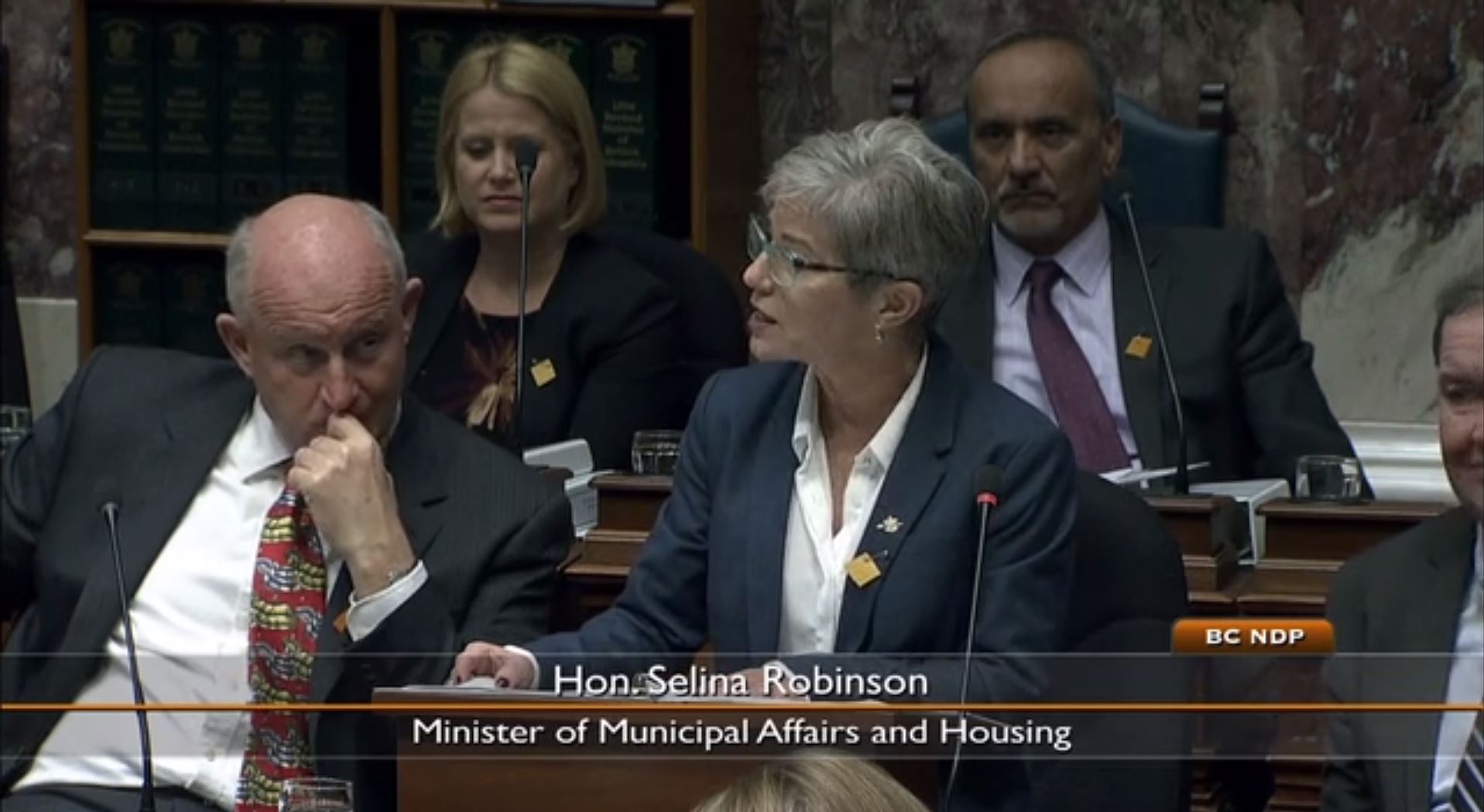Throughout each session, new legislation is debated through a series of stages before finally being voted on, and, if approved, given Royal Assent by the Lieutenant Governor. It should be noted that all MLAs, including those in opposition parties, may introduce legislation, though it is rare that these bills are called for debate beyond first reading.
Debate on bills introduced by the government can last any length of time, but passing them before the end of each session is crucial. If that cannot be done, then the bill will "die on the order paper," meaning it will have to be reintroduced in the next session and go through the legislative stages of consideration all over again.
Did You Know?
In 1908, the Legislative Assembly passed a public bill - the British Columbia University Act, 1908 - to establish the University of British Columbia as the first public university in the province. While public bills have been used to create other publicly run universities and colleges, private bills are put forward by Members to help create privately run universities and colleges. One recent example of a private bill is the United Church of Canada Amendment Act, 2021.

